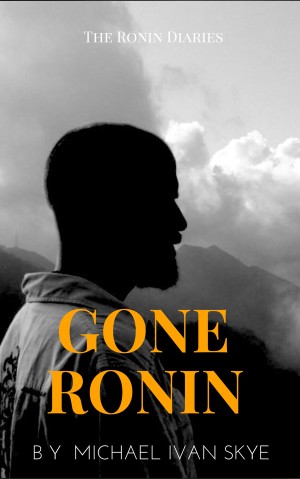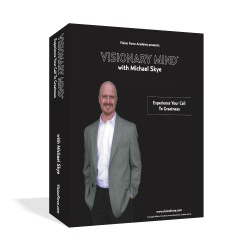Stephen Covey
Dr. Stephen R. Covey was a primary influence on my learning journey. When I was nineteen my father had left me with his book, The 7 Habits of Highly Effective People, and mentioned that he was a Mormon. Initially I refused to even open the book, because I figured it was part of my father’s plan to influence me to go on the Mormon Mission he’d prepared me for as a boy. However, after my Facing God experience [link] I had a willingness to search for truth or insight anywhere, and a trust in myself to be honest with myself and follow my inner guidance.
Several months later on a surprise visit to my father’s place in Arizona, I arrived too early in the morning to wake him, and so I went inside the only place I could find that was open–a laundromat–and opened this book he had given me. With his simple, common sense style of writing, he presented ideas that hit me strongly, resonated with me, made trust him and made me thirsty to learn as much as possible.
First was his presentation of the idea of paradigm shifts. This resonated in part, because it helped me understand that night Facing God. And in part because it opened me up to the possibility that there were countless more paradigm shifts I could have–countless more ways I could view reality, and perhaps each of them could hold major breakthroughs, insight and wisdom for me.
Second was his presentation of the idea that there were universal principles of life and the universe that we are easily discernible, and we have the inherent capacity through our nature as human beings to use them to guide our lives like a compass points to True North. For me this was fascinating to hear a Mormon man describing his relationship to reality in terms not owned by a single religion, and not in the mystical way I was used to. This had me trust him further.
Third his heart-centered and principle-centered approach, opened my heart to feel what I have come to call Honor. Through his personal stories and his writing, I sensed his willingness to face himself and face others to stand for his values, his principles, his people–and do the right thing. His work is an invitation to courage, compassion, character, honesty, humility, etc.
Fourth, and I can see this more clearly as I reflect back on it more than 20 years later, I was inspired by his lifestyle. He had stories of teaching and facilitating his work around the world for heads of state, for Fortune 500 companies, organizations of all kinds, all the way down to his own marriage and his children. He had a practical mastery for leading his life with courage, honor, integrity, wisdom, vision and mastery, and helping others do the same.
Although I never met the man in person, he mentored me through his books, his audio tapes, his example. I once had a vision I hold sacred now of he and I doing some beautiful work in the world–in particular with the Mormon church. I am not talking about a self-created “vision” like a dream, a nice idea or a mission statement–to me these are not visions. I am talking about an experience of seeing something so clearly and feeling it so powerfully in my heart that it seemed real–not necessarily like destined, but absolutely possible. For me vision is something that isn’t a product of left-brained thinking, and its one of the reasons it can be so powerful when it comes to inner authority: it bypasses all the things you think you know about why something is not possible, shows you that it is and calls you to rise up and do it.
I am not sure I would have created my life’s work without my father placing this man’s book in my hands. And certainly not without this man having walked the courageous path he did in his life to yield the ideas he presented, his ability to present them so simply and the physical manifestations such as his books. And I am sure much of his journey which was shaped by his church, his mentors in his church and his spiritual life. He helped to give me a deep connection to my spiritual life, even after I left that same church. I wish I could give him this thanks in person.







